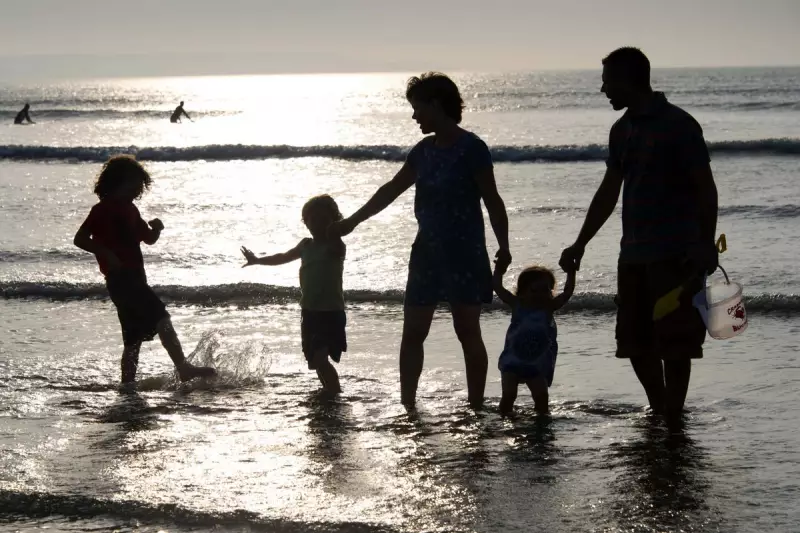
In a landmark Budget announcement, the UK Government has confirmed it will scrap the controversial two-child benefit limit, a move projected to lift hundreds of thousands of children out of poverty.
Budget Announcement Ends Controversial Policy
The decision, confirmed by the Office for Budget Responsibility (OBR) ahead of Chancellor Rachel Reeves's speech, will see the policy abolished from April 2026. The fiscal watchdog unusually published its economic document before the Chancellor's official Budget delivery on Wednesday 26 November 2025.
The abolition of the cap, first introduced by the Conservatives in 2015 and implemented in 2017, will come at a significant cost to the Treasury. The OBR stated the removal will cost £2.3 billion in 2026-27, rising to £3 billion by the end of the Parliament in 2029-30.
Projected Impact on Child Poverty
This substantial financial commitment is expected to have a profound effect on child poverty rates across the United Kingdom. According to the Government's independent spending watchdog, ditching the policy will result in an estimated reduction of child poverty by 450,000 children by 2029/30.
The two-child limit restricts child tax credit and universal credit to the first two children in most households. Campaign groups have long argued the policy was deeply damaging, with organisations in the sector calculating that 109 children across the UK are pulled into poverty by the policy every single day.
Widespread Welcome from Campaigners
The confirmation was immediately welcomed by anti-poverty organisations that have campaigned for years for its removal. The Government had been under increasing pressure from these groups, as well as from many of its own Labour MPs, to end what they viewed as a punitive Conservative-era policy.
Unicef UK described the move as a "major, necessary decision to tackle record levels of child poverty in the UK", adding that "No child should be punished for the number of siblings they have."
Helen Barnard, director of policy at foodbank network Trussell, called it a "bold step which will protect hundreds of thousands of children from growing up facing hunger and hardship". She stated the Chancellor had "listened to the families and foodbanks across the UK who have been imploring her to act".
Action for Children said the decision "marks a turning point for struggling families" and is "long overdue and a vital first step towards ending child poverty".
The latest Government data, published earlier this year, estimated the number of children living in poverty in the UK reached a record high of 4.45 million children in the year to March 2024. The Government has previously committed to publishing its wider child poverty strategy this autumn, after delaying it from an initial spring deadline.






